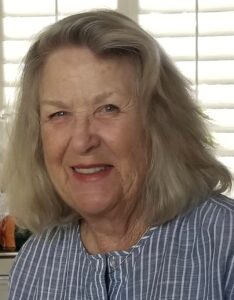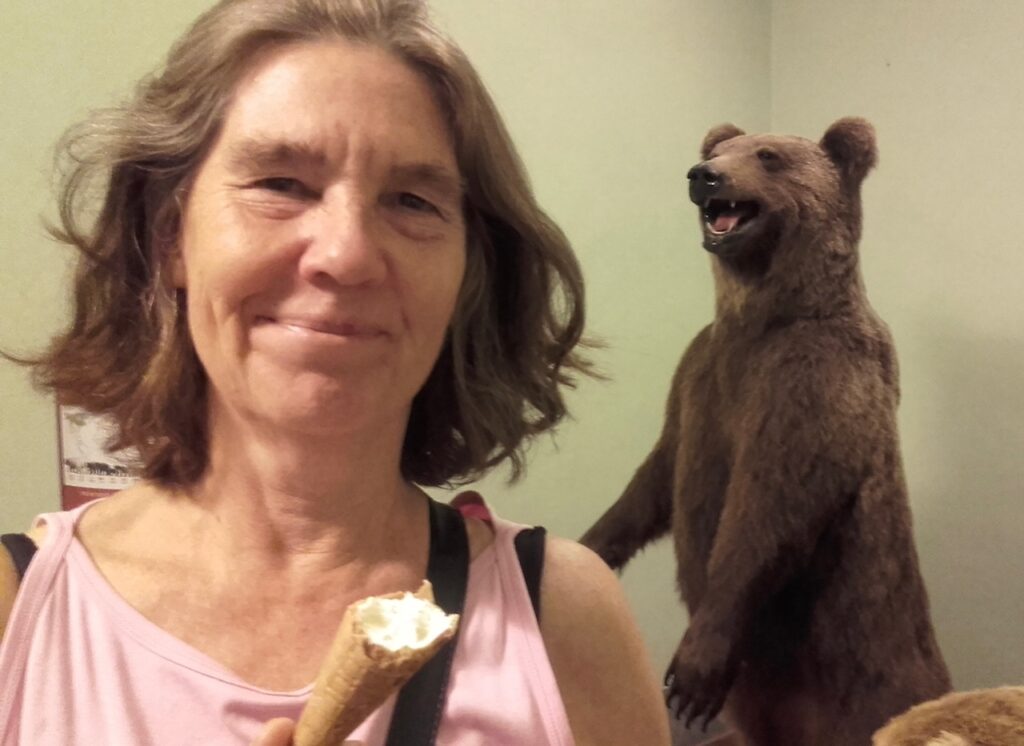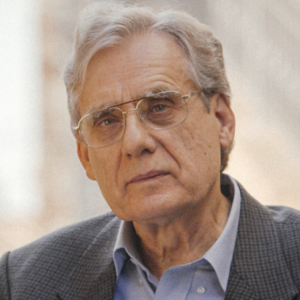Your cart is currently empty!

Dialogue in the Age of Zoom
- This event has passed.
July 23, 2022 @ 6:00 pm – 8:00 pm CEST
Dialogue in the Age of Zoom
with Julie Arts, Richard Burg, Anna Factor, Sally Jeffery, Beth Macy, Lee Nichol and David Schrum
Saturday July 23, 2022
9:00 PDT | 12:00 EDT | 17:00 BST | 18:00 CEST
2-hour session
The session is live and you will be sent the RECORDING.
It is impossible to overstate the effects of Covid-19 on the manner in which human beings interact. High on the list of these effects is a massive shift to online interaction for work, social engagement, and personal interaction. Dialogue in its many forms – Bohmian or otherwise – has also been significantly impacted by this online shift. In this session we will draw on the experience of seven people who have deep roots in various aspects of dialogue, both before and during the Covid pandemic. At the forefront of our inquiry will be the many variances that occur between in-the-flesh interaction on one hand, and interaction through the medium of streaming video on the other. What experiences are gained through the digital milieu? What experiences are lost? Is the future of dialogue – and conversation more generally – being re-shaped in accord with technology? As Covid-19 becomes endemic, will groups still gather face-to-face? What are the implications of these many changes?
Our roundtable will also take up more general questions regarding the cultural impact of social media and the human-digital interface. In what ways does the milieu of these technologies shape our awareness? What new skills of critical thinking can guide us as the digital world becomes omnipresent? At multiple junctures, we will invite audience members to engage with us on all of these questions.
To see the Full Beyond Bohm Program
The Panel

Julie Arts is currently on a sabbatical from being a senior faculty member and consultant with the Presencing Institute (PI), an organisation founded in 2006 by Otto Scharmer and colleagues, to support action research and leadership development for systems change and societal transformation.Julie is an economist by training and has worked as a senior consultant, designing and hosting multi-stakeholder transition processes and ecosystem leadership programs such as the UN SDG Leadership Lab and many in-house leadership programs for companies and NGOs. Julie is also a board member of Meg Wheatley’s Berkana Institute. She lives in Mechelen, Belgium and in Pari, Italy.

Richard Burg – In 2003 I retired from consulting, my fourth career (IT, potter, Continuing Medical Education research). Simple Idea worked with corporate leaders to integrate human values and productivity in a constantly changing environment – engaging with teams and individuals to build relationships within the organization that nurture the humanity in everyone, even as they work together to achieve audacious goals.
In 1990 a friend sent me a transcript of a talk given by David Bohm at MIT. In my organization development practice – focused on changing corporate cultures – group work was a built-in aspect of the process. Bohm’s dialogue experiment was thus enticing, and I discovered a Bohmian dialogue group in the San Francisco Bay Area, which I attended weekly for the next eight years. Stemming from that group, Lee Nichol and I designed a nine-hour, multi-day introduction to Bohm’s experiment at the first National Conference on Dialogue and Deliberation in Washington DC. I have since engaged in dialogue in many different contexts – most recently, like many, in online dialogues, before and during the covid pandemic.
Early on in my dialogue work, I received permission to transcribe the little pamphlet, Dialogue: A Proposal (D. Bohm, D. Factor, and P. Garrett) and post it online via colleagues at MIT. It is still available, in multiple “versions,” some with several addenda/commentaries.
Richard is a contributor to the forthcoming Holoflux:Codex – Form/Movement/Vision inspired by David Bohm (Pari Publishing)

Anna and her husband, Don Factor, were longtime friends and supporters of David Bohm and the process of dialogue he envisioned. Don had first met Bohm in the 1970s in London, and the two continued their friendship from that time on. It was their early acquaintance that led to inviting Bohm to be interviewed by Don at the Human Unity Conference – a large gathering of people from many different spiritual traditions – held at Warwick University, in March of 1983. Following the enthusiastic response to this interview, Bohm was invited to present more of his thinking at a weekend conference held in Mickleton, England. It was during the ensuing weekend that what is considered to have been the very first Bohmian dialogue occurred. The transcript of the weekend has been preserved by Don Factor in the book, Unfolding Meaning.
Following that weekend, Anna and Don began offering their home for dialogues among those who had been so inspired by the initial dialogue idea, and along with Peter and Jenny Garrett and David and Saral Bohm, they organized public dialogues at many locations across western Europe, Scandinavia, and Israel during the late 1980s. Stemming from these early dialogues is the well-known publication by Bohm, Don Factor and Peter Garrett, “Dialogue, A Proposal” which still is considered a cornerstone description of Bohm’s intention for dialogue.
Looking back, Anna remembers David Bohm: “He was a dear man. He really was so very kind and had a lot of humanity. I found him – and still find him – an inspiration…a lovely, lovely man.”

Sally Jeffery was introduced to the teachings of J. Krishnamurti while a young undergraduate in Sociology. Through involvement with his international school in England, she met and was deeply impressed by David Bohm (a founding trustee of the school) and, later, his proposals for dialogue. Over three decades, she has taken part in dialogue in many settings, including prisons and her local (Lancaster) dialogue group. Involvement in two online dialogue groups began in 2018/19, but since the pandemic and through the Lancaster group website, others have been in contact, expressing interest and wanting to start new online groups to explore David Bohm’s thinking in practice. During this same period, Sally was employed as a body work therapist, including over 20 years working with people who’d had a cancer diagnosis, along with their families. A leaning to such work might suggest she would take less readily to online dialogue, missing the physical presence of the other participants. After initial hesitation, this has proved not to be the case.

Beth Macy, PhD, organizational consultant, Bohmian dialogue practitioner
The common thread weaving through Beth’s career has been change, having been a manager, leader, consultant or participant in organizations experiencing difficult issues: organizations from small to large, private to public, non-profit to profit, health care to oil and gas, local to global. David Bohm’s dialogue has been core to her research, writing, consulting and teaching for nearly three decades. Living in the USA (Texas) she is completing a book on the ideas and individuals who influenced Bohm’s methodology of dialogue.
Beth is a contributor the the forthcoming Holoflux:Codex – Form/Movement/Vision inspired by David Bohm (Pari Publishing).

Lee Nichol is a freelance writer and editor. His latest works are Entering Bohm’s Holoflux and, as editor, the forthcoming Holoflux:Codex – Form/Movment/Vision inspired by David Bohm (both from Pari Publishing). He was a long-time friend and collaborator of David Bohm, and is editor of Bohm’s On Dialogue, The Essential David Bohm, and On Creativity.
Lee has been on the faculty of the Arthur Morgan School in Celo, North Carolina; the Oak Grove School in Ojai, California; the Tibetan Nyingma Institute in Berkeley, California; and Denver University in Denver, Colorado. He sits on the Advisory Committee of the Pari Center, the Advisory Council of the Indigenous Education Institute, and is a member of the Founding Circle of the Native American Academy. Lee lives in Albuquerque, New Mexico with his wife Eva Casey.

David Schrum received his PhD in quantum theory at Queen’s University, following which he spent two post-doctoral years with David Bohm at Birkbeck College. Here, he entered Bohm’s world of creative and subtle philosophical approaches to physics and his enquiry into consciousness and what may lie beyond.
David Schrum continues in these explorations, in physics developing a new approach to relativistic quantum theory and, through the dialogue process, going into what it is to bring to light that which lies enfolded within our individual and collective consciousness.

